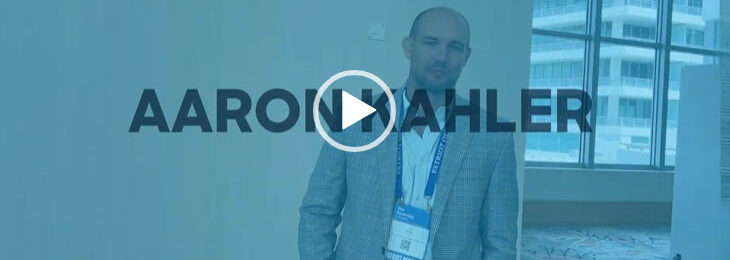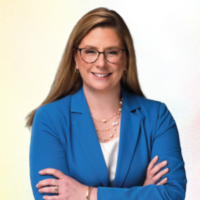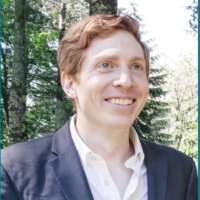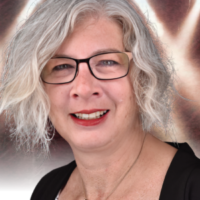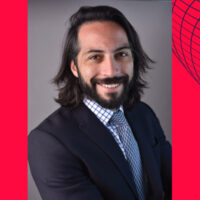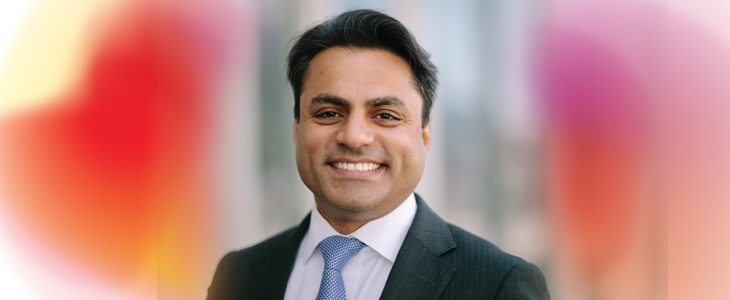
ACAMS Today spoke with Rohit Sharma, CAMS about what it is like to helm the leading purpose-driven organization, the Association of Certified AntiMoney Laundering Specialists (ACAMS). This comes at a time when there is increased focus to improve supervision of financial institutions’ (FIs) compliance with anti-money laundering/ counter-terrorist financing (AML/CTF) regulations and when fintech solutions for compliance have the potential to transform the role of the compliance officer.
A high energy and experienced leader with significant experience in delivering financial and social impact across many sectors including education, travel, aviation and consulting, Sharma was appointed president and managing director of ACAMS in April at a critical inflection point as the organization was looking to expand its membership base and build new growth drivers.
Sharma’s key strength is his ability to navigate complex and diverse business environments and this is already apparent within his short time frame at the helm of ACAMS. A true people person, Sharma is never one to sit still and is always seen working alongside members of his team. As a highly agile and thoughtful business leader who has worked in multiple geographies and traveled to over 100 countries globally, Sharma is also passionate about driving measurable impact in every initiative he undertakes.
A newly minted Certified Anti-Money Laundering Specialist (A day before the interview was conducted!), Sharma is passionate about ACAMS’ purpose and being a strategic partner to organizations, regulators and individuals alike in the quest to end financial crime.
In short—our goal is to be THE strategic partner of choice in fighting financial crime
ACAMS Today: First of all congratulations on joining ACAMS this year. What impressed you most about ACAMS?
Rohit Sharma: Before I joined, I was unaware of the breadth and impact of the work that ACAMS does. I knew that we are leaders in antimoney laundering and I knew we have a robust network of chapters and members globally, but I never knew the sheer power of this global community until I joined. It didn’t take me long to learn that ACAMS is a global community that empowers individuals, organizations and governments to stop not just money laundering, but a wide array of financial crimes, and mitigate risk through deep expertise and constant professional development.
AT: In your short tenure at ACAMS, what are some of things that you have stressed upon internally at ACAMS?
RS: Today, ACAMS is at an inflection point. We have grown over the past two decades, but we need to do much more as technology, geopolitics and constantly evolving needs lead us to recalibrate. Change is the only constant. No one person, institution or agency can always be informed or have the resources to deal with all the key issues that affect us. Be it emerging payment technologies risks, correspondent banking challenges or sanctions legislations, many of which can be conflicting. I work with an incredibly passionate team here to up the ante by stressing that we need to be agile, we need to collaborate and we need to have the best resources, tools and platforms for our members and the anti-financial crime community. In short—our goal is to be THE strategic partner of choice in fighting financial crime.
AT: What does this mean in terms of new products and services such as the newly launched Certified Global Sanctions Specialist or CGSS? There is a lot of excitement about this certification—what prompted ACAMS to develop this?
RS: FIs are facing an increasingly complex sanctions landscape that poses significant conflicts of law, increasingly diverse sanctions requirements and stringent risk of penalties for compliance deficiencies due to the use of secondary sanctions. Much of the sanctions landscape is driven by actions by the U.S. Treasury, which has issued approximately 2,000 sanctions actions or “designations.” These dramatically changed the Iran sanctions landscape and introduced complex sanctions against Venezuela. At the same time, other countries are less likely than they were in the past to align with U.S. sanctions policy, as demonstrated by the European Union’s decision to institute a blocking order to prohibit compliance with U.S. sanctions. Sanctions compliance professionals are on the front lines of these challenging dynamics and are faced with more complex decisions than ever before.
This means that clear, up-to-date, relevant and sophisticated training on sanctions compliance has never been more important—this is what ACAMS will provide.
AT: What is one thing you hope to accomplish in the long run at ACAMS?
RS: Establish ACAMS as a global authority in anti-financial crime and end financial crime!
AT: You have attended numerous ACAMS’ events around the globe, what would you say is the common theme members have shared with you through your travels?
RS: The need for a diverse, global community that can leverage the strengths and resources of each other; a dynamic global collaborative platform; access to cutting-edge and timely content especially as it relates to the implications of new technology; tools to develop and enhance one’s skills including navigating constantly changing regulatory environments; and the ability to drive strong measurable social impact especially in anti-human trafficking.
AT: Besides being president and managing director of ACAMS, what do you like to do in your spare time?
RS: Travel! Time permitting, my wife and I hop on a plane for journeys near and far and while the earlier quest was to travel to as many new countries as possible, what we are increasingly doing more of these days is finding unique experiences for our travels. I believe in capturing each moment by being in the moment, and this means disconnecting my data occasionally!
Interviewed by: Karla Monterrosa-Yancey, CAMS, editor-in-chief, ACAMS, Miami,
FL, USA, kmonterrosa@acams.org

